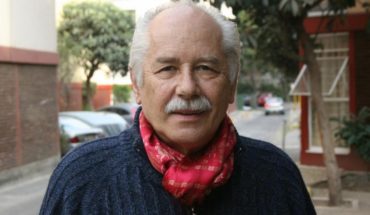
The next government will be, yes or no, a health emergency government. About two million people are waiting for a specialty consultation. A surgical waiting list never seen before, in which the average time to access a surgery is already almost in the 2 years. Countless cases of cancer diagnosed in late stage, as well as an unprecedented amount of delayed GES guarantees. Countless people with chronically decompensated conditions. An impact not yet adequately measured on mental health and post-pandemic rehabilitation requirements. That is the reality that anyone who wants to lead Chile in the years that follow must respond urgently.
The next Government will also find itself with large debts, aggravated by the pandemic, in the area of the social determinants of health and inequities, which will force it to make effective in the shortest period that “health is in all policies”, so that it can ensure in an intersectoral way social conditions that allow full access to food and healthy environments , and where it is increasingly expensive to access tobacco, alcohol and pollution.
The next government will also have to promote legislation that will materialize a new constitutional framework. Given the current political correlations, surely the new Magna Carta will propose a different understanding of health to that in force in the Constitution of 80 and will require the generation of laws that enable a universal and equitable health system. Such legislation, which is highly dependent on the composition of the next Parliament, will take months, perhaps years, to enact, and the implementation of these will require transitional stages and state commitments for various governments.
So what to promise responsibly? It is clear that Fonasa will have to be given powers and funding so that all the surgical wards in the country – public and private – can be articulated to work in the same logic as intensive beds in pandemics, as well as align all the resources and supply capacity of the country to face the requirements in mental health , oncology and post-Covid rehabilitation (in this regard, as a result of requirements of the Chamber of Deputies, there is available solid work recently carried out by numerous experts who propose strategies in these areas); increase resources towards primary care, home hospitalization and telemedicine strategies that avoid hospitalizations; and to present the bills (aligned with the new Constitution) to structure a new universal, supportive, equitable and community-centred health system in a viable and sustainable manner.
Anyone who wants to lead the country, listening to the citizen, will have to put their urgent needs first and understand that in health, the next government will be, yes or yes, an emergency.
The content of this opinion column is the sole responsibility of its author, and does not necessarily reflect the editorial line or position of El Mostrador.





